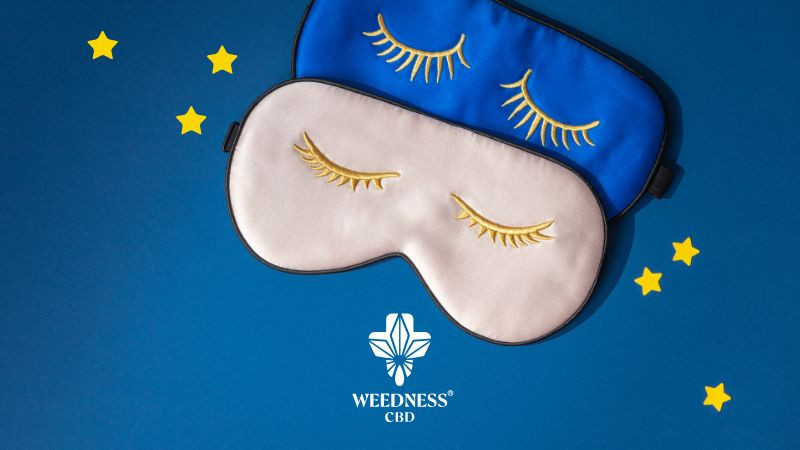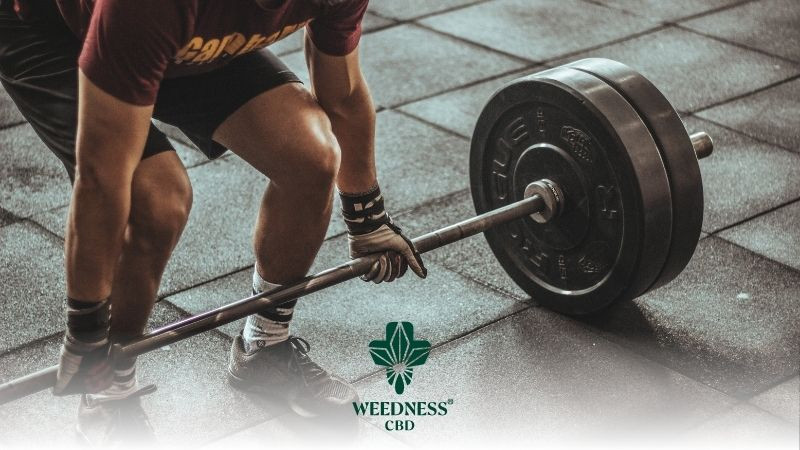CBD For Athletes
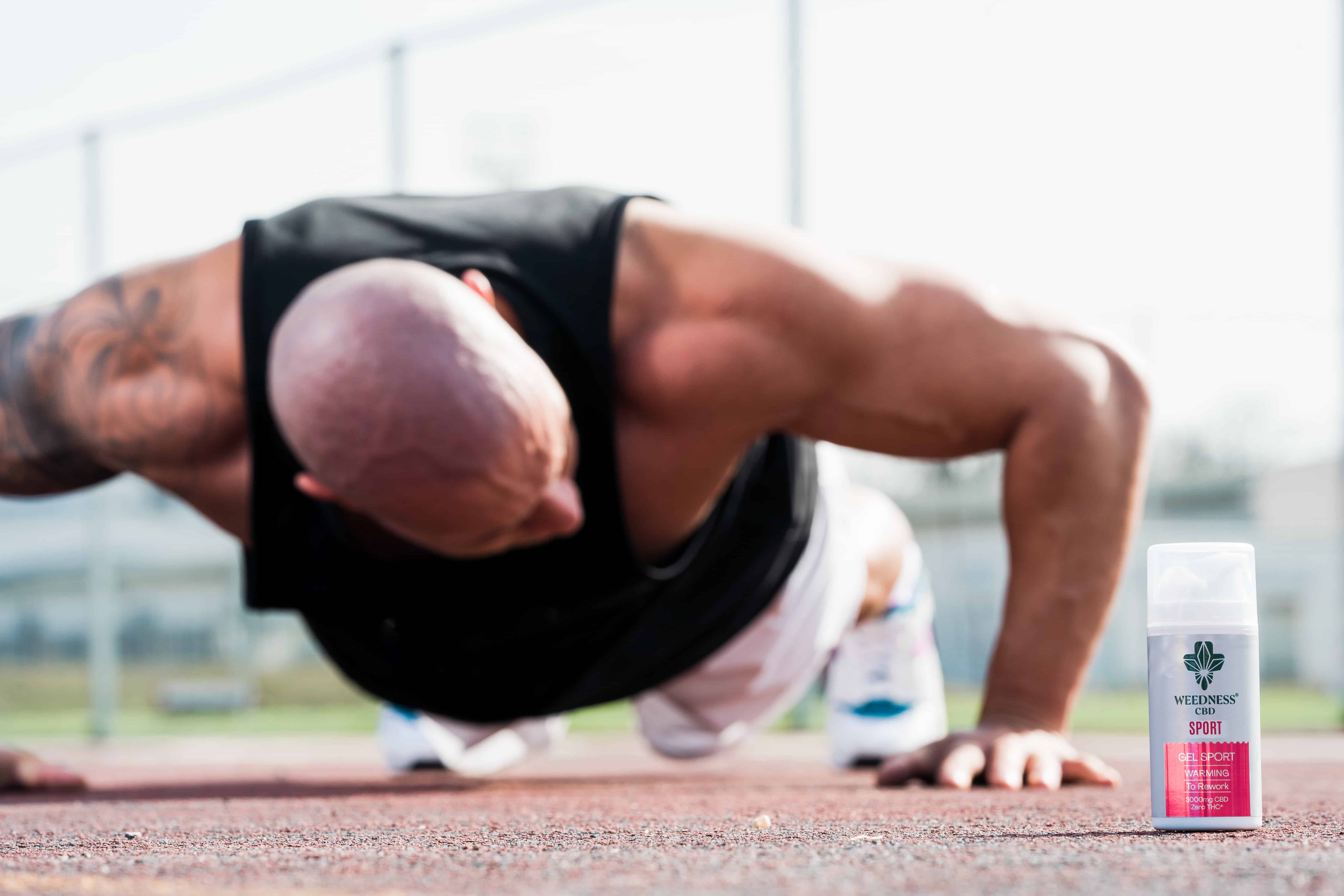
Cannabidiol (CBD) for Athletes
What we need to know about CBD for athletes?
Athletes expose their bodies to a lot of stress, which has its positive but also negative effects. Training stress stimulates higher performance, but it can also lead to injuries, pain, physical trauma and prolonged wear and tear.
Currently there are effective methods to treat these problems, but scientific studies have shown that CBD: can help to obtain a better sports recovery and good relief from muscle and joint pain.
For chronic pain relief, the most used over-the-counter drugs such as (ibuprofen or naproxen sodium), but we must keep in mind that these drugs pose a greater health risk than has been known for a long time, and we are against the backdrop of an "epidemic" of opiate addiction and overdose that kills tens of thousands of people each year. For this reason, many athletes are curious and eager to try the promising properties of cannabidiol (CBD) to improve recovery, relieve pain and reduce inflammation without the risks associated with drugs and opioids.
Are CBD Products Right For You?
Sit back and read on, because there's a lot to unpack and consider here.
Is CBD legal for athletes?
Yes! At the beginning of 2018 Cannabidiol (CBD) was removed from the list of doping substances by the World Anti-Doping Agency, but there is an important caveat: Only CBD: was removed from the list of prohibited substances. The psychoactive substance in cannabis, Tetrahydrocannabinol (THC), is still banned from competition, as are synthetic cannabinoids.
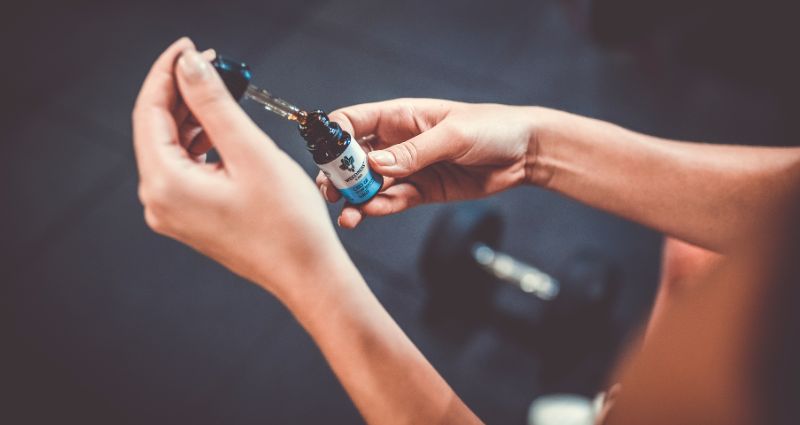
Basic information about CBD for Athletes
Athletes can legally use CBD , but what is it, what effect does it have and why use it?
Cannabinoids already exist in our body. Scientists have identified what they call the Endocannabinoid System (ECS) that modulates the activity of neurons.
Cannabidiol (CBD) is a phytocannabinoid found naturally in the cannabis plant. Unlike THC, which is also found in cannabis, CBD is not psychoactive..
Within the nervous system, two endocannabinoids (2-AG and EAE) are produced in postsynaptic (downstream) neurons and released at the synapse. They bind to CB1 and CB2 receptors on the presynaptic neuron and act to inhibit the release of certain neurotransmitters.
For example, CBD used to treat epilepsy can reduce seizure activity, in part, by reducing the buildup of glutamate, an excitatory neurotransmitter.
CB1 receptors are found in the brain, spinal cord and other tissues. CB2 receptors too, but most of them are found in the tissues of the immune system. CBD binding to CB1 receptors has a greater effect on the central nervous system, and CBD binding to CB2 receptors has a greater effect on reducing inflammation.
The primary purpose of the endocannabinoid system appears to be to maintain homeostasis, which it does by keeping neurotransmitter levels in check. You might think that consuming CBD increases the activity of your body's existing endocannabinoid system.
When athletesWhen athletes put their bodies under greater stress, causing pain and inflammation beyond what their endocannabinoid system can handle. Adding exogenous CBD: can help bring this overloaded system back under neurotransmitter control and help athletes maintain homeostasis.
Benefits of CBD for Athletes
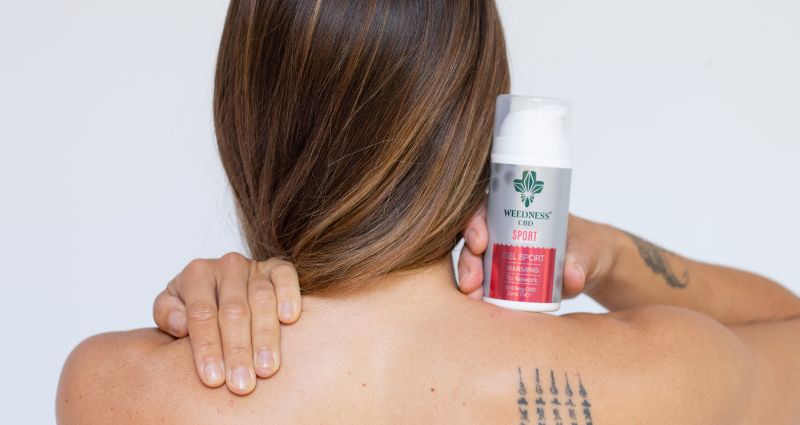
Relieve pain
Several studies have shown Cannabidiol (CBD) to be effective in reducing pain, including musculoskeletal pain from exercise, as well as joint stiffness.
Alternative to medications
Over-the-counter nonsteroidal anti-inflammatory drugs such as ibuprofen and naproxen sodium have been used by many athletes for decades, but they may not be as safe as we think.
Ultra-distance athletes, in particular, are often advised to avoid over-the-counter medications during training sessions and prolonged events due to the increased risk of kidney damage. But even if your workouts and events are short, frequent or long-term use of these drugs can increase your risk of heart attack and stroke. Some athletes have found that the pain-relieving effect of CBD can reduce or eliminate the use of medications for exercise-related pain, with minimal side effects. In a systemic review of oral and oral mucosal cannabis studies for various medical conditions, the majority of adverse event reports were considered non-serious (96.6%).”
It enhances sleep quality
Getting more and better sleep is one of the most effective ways for an athlete to achieve greater results in training. Anecdotally, athletes who use CBD report falling asleep more easily and getting a more restful night's sleep. One possible reason for this could be that CBD inhibits adenosine reuptake..
Adenosine triphosphate (ATP) breaks down as your brain burns carbohydrates for energy, and adenosine gradually builds up in the brain. Increased adenosine binding to neurons inhibits neurotransmitter release, which slows brain activity, helps you feel calmer, and induces sleep. Your body metabolizes adenosine while you sleep, and some time later, low concentrations of adenosine help you wake up and the process starts all over again. By binding to the same receptors that adenosine would bind to, CBD can inhibit the reuptake of adenosine, helping it build up faster and making you feel drowsy sooner. CBD: can also have a powerful anti-anxiety effect for some people, which can help them fall asleep and have more restful sleep.
Reduces inflammation
A little inflammation can be good for athletes and help stimulate positive adaptations to training. Too much inflammation hinders recovery and impairs performance. There are CB2 receptors in both the brain and the periphery, but they are more concentrated in immune tissues. Cannabinoids that bind to CB2 receptors can have an anti-inflammatory effect by reducing the production of cytokines (cellular messengers). In other words, CBD bound to CB2 receptors helps reduce the response when your immune system sounds the alarm after hard workouts.
Intestinal problems
Inflammation in the small and large intestines causes a lot of discomfort, and gastrointestinal discomfort is one of the main reasons endurance athletes drop out of competitions. CBD won't solve stomach problems from dehydration and overheating (two major causes for athletes), but if you have underlying inflammatory issues that contribute to gut problems during or after exercise, CBD can be effective in reducing your symptoms. There are CB1 and CB2 receptors in the colon. Colitis symptoms are inhibited when CB1 and CB2 receptors are activated.
How to use CBD
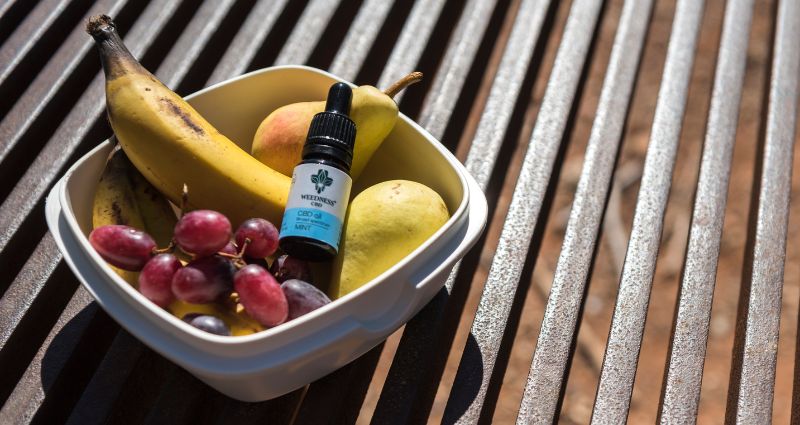
Every week, new products containing CBD are released. You can take CBD via capsules, pills or as an oil. You can inhale it as a vapor. It is added to sports drinks, recovery drinks and all kinds of food products. There are also topical creams and lotions containing CBD oil, as well as tinctures/drops that can be placed under the tongue. How you consume CBD can affect how quickly you feel its effects. Capsules, oil, and nutritional products need to be absorbed, so it may take a little longer. Topical creams are said to be faster than edibles, and sublingual drops/tinctures are the fastest (apart from inhalation via vaping).

